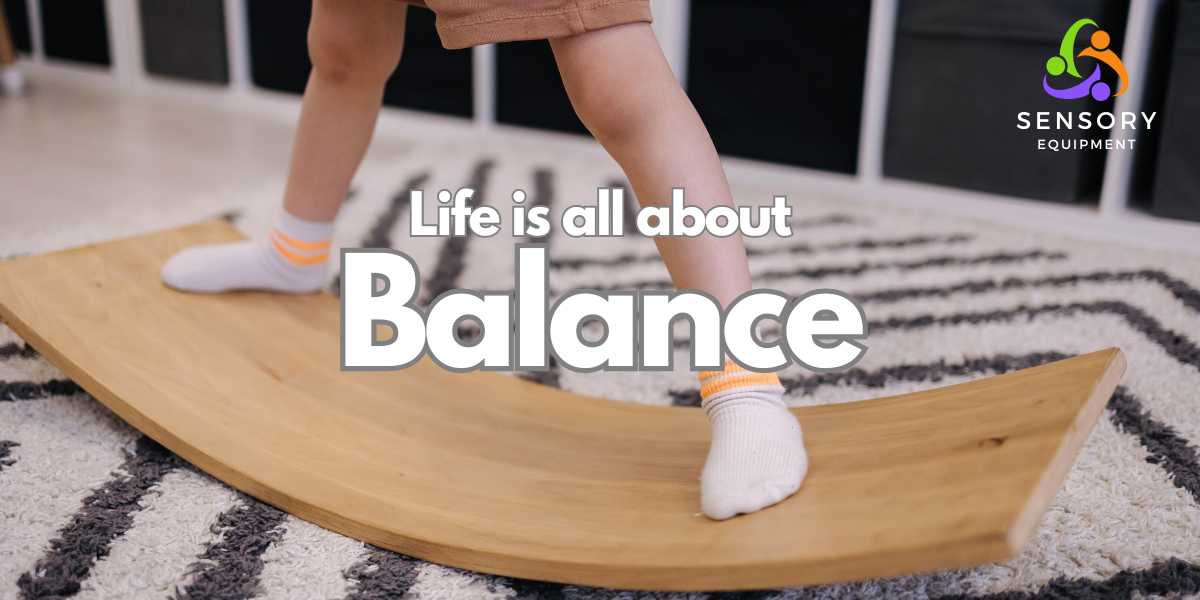Balance boards, often associated with fitness and athletic training, have emerged as versatile tools with significant therapeutic benefits, particularly for individuals with complex needs. These boards provide a dynamic surface that challenges the user to maintain stability, offering a unique form of proprioceptive input that can have profound positive effects on balance, coordination, and overall well-being.
Understanding Proprioceptive Input:
Proprioception refers to the body’s ability to sense its position and movement in space. Individuals with complex needs, such as those with neurological disorders, developmental disabilities, or sensory processing issues, often face challenges in proprioceptive awareness. Balance boards serve as a valuable tool by providing varying degrees of instability, prompting the user to engage their muscles and sensory systems to maintain equilibrium.
Improving Balance and Coordination:
For individuals with complex needs, poor balance and coordination can significantly impact daily life. Balance boards offer a safe and controlled environment for honing these skills. The continuous adjustments required to stay upright on a balance board engage the muscles throughout the body, including the core, legs, and ankles, promoting strength and stability.
Enhancing Sensory Integration:
Sensory integration is crucial for individuals with complex needs, as it affects their ability to process and respond to sensory stimuli effectively. Balance board activities stimulate the proprioceptive system, contributing to improved sensory integration. This, in turn, can lead to better focus, attention, and emotional regulation.
Tailored Therapeutic Approaches:
Balance boards can be adapted to meet the specific needs of individuals with diverse abilities. Therapists can customise exercises based on the individual’s level of mobility, strength, and coordination. From seated exercises to more dynamic movements, balance boards offer a flexible platform for therapeutic interventions.
Boosting Confidence and Independence:
Engaging in balance board activities not only improves physical abilities but also contributes to increased self-esteem and confidence. As individuals experience success in maintaining balance and mastering new skills, they gain a sense of achievement, fostering a positive outlook and a greater willingness to explore new activities.
Incorporating Balance Boards into Daily Life:
Balance boards are versatile tools that can be integrated into daily routines, both at home and in therapeutic settings. Simple exercises, such as rocking back and forth or side-to-side, can be easily incorporated into a daily routine, providing consistent opportunities for improvement.
Conclusion:
Balance boards offer a dynamic and enjoyable way to address the unique needs of individuals with complex requirements. By enhancing proprioceptive input, improving balance and coordination, and promoting sensory integration, these versatile tools empower individuals to lead more active, independent, and fulfilling lives. Therapists, caregivers, and individuals alike can explore the numerous benefits that balance boards bring to the realm of complex needs, opening up new possibilities for holistic well-being.









